April 23, 2025 | 10:05 GMT +7
April 23, 2025 | 10:05 GMT +7
Hotline: 0913.378.918
April 23, 2025 | 10:05 GMT +7
Hotline: 0913.378.918
Two wild birds infected with the highly pathogenic avian influenza (HPAI) virus were identified on the coast of Espírito Santo state.
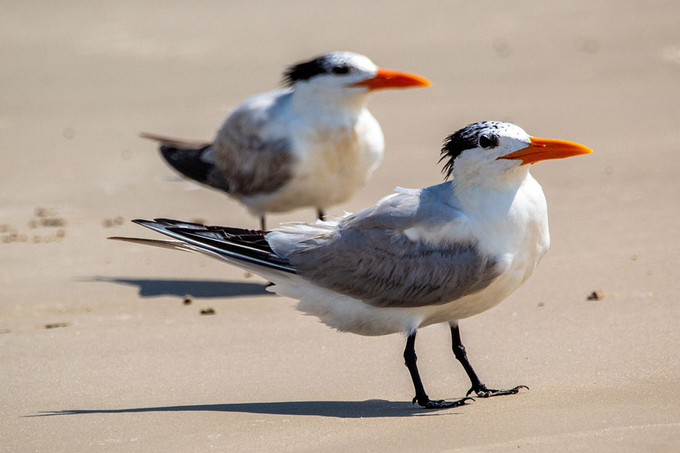
Two Cabot's tern seabirds in Brazil have been discovered to have been infected with highly pathogenic avian influenza. Photo: Joshua J. Cotten
On 10 May, the Official Veterinary Service started investigating suspected cases of avian influenza after notification by the Institute for Research and Rehabilitation of Marine Animals of Cariacica in the same region. The 2 seabirds of the species Thalasseus acuflavidus were located in the municipality of Marataízes and another in the Jardim Camburi district.
Biological samples were collected by the SVO and sent to the Federal Laboratory of Agricultural Defense of São Paulo (LFDA-SP), a reference unit of the World Organization for Animal Health, which confirmed the H5N1 subtype.
These were the first cases of HPAI registered in Brazil after occurrences in virtually all neighbouring countries and a major pandemic of the virus around the world. The WHOA has been notified.
It is worth emphasising that this detection of the avian influenza virus in wild birds does not affect Brazil’s condition as a country free of bird flu. This would only occur if the disease were confirmed on a commercial farm. Thus, other WHOA member countries would not impose prohibitions on the international trade of Brazilian poultry products. The hypothesis of the occurrence of avian flu in commercial farms in Brazil could lead to the blocking of exports of chicken and eggs by up to 20 countries.
The Union of Agricultural Federal Tax Auditors (ANFFA Sindical) published a study that calculates €2.4 billion of losses to Brazil in the face of a possible outbreak of avian influenza.
The survey points to an annual direct loss of R7.3 billion in agribusiness exports and another indirect loss of R6.1 billion in other sectors of the economy.
The Minister of Agriculture and Livestock, Carlos Fávaro, declares a state of alert to increase the mobilisation of the private sector and the entire official veterinary service to increase national preparation.
Currently, the world is experiencing the greatest pandemic of highly pathogenic avian influenza, and most cases are related to the contact of migratory wild birds with subsistence, production, or local wild birds. Hundreds of millions of birds have been culled.
According to Mapa, “depending on the evolution of investigations and the epidemiological scenario, new sanitary measures may be adopted by Mapa and state agricultural health agencies to prevent the spread of IAAP and protect the national poultry industry”.
The minister said that communication actions about the disease and the main prevention measures will be intensified: “The importance of immediate notification of suspected cases and the reinforcing biosecurity measures in poultry production is highlighted, including guidelines for different segments of society, both in rural and urban areas.”
The Brazilian Association of Animal Protein, which represents the poultry and pork sectors, recently issued a note about the confirmation. Brazil is the world’s largest poultry exporter.
According to the entity, it is important to reiterate that the situation was recorded in 2 migratory seabirds and did not occur within the Brazilian industrial system, which follows strict biosecurity protocols.
“There is no change concerning the internal supply of products, nor are changes expected in the flow of international trade in Brazilian products, based on the recommendations of the World Organization for Animal Health,” said the minister.
(PW)
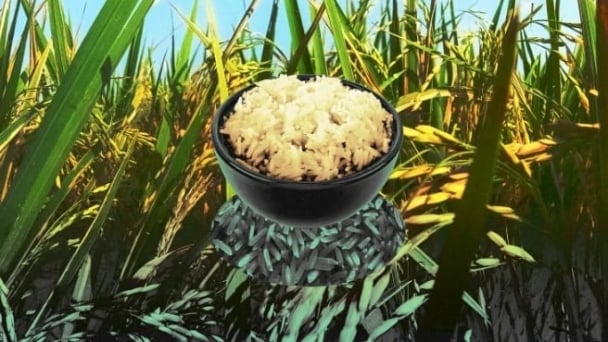
(VAN) Warmer temperatures and more carbon dioxide will boost levels of arsenic, a dangerous heavy metal, according to new research.
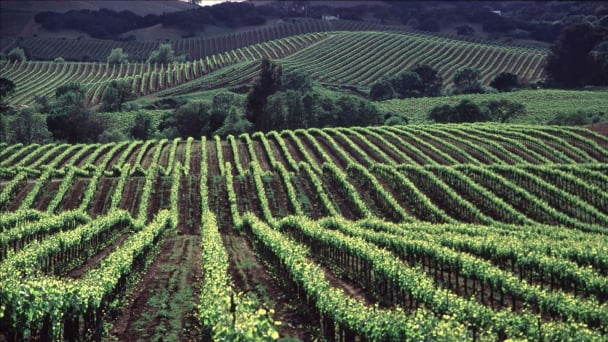
(VAN) California's $59 billion agriculture industry faces serious disruption as the U.S. clashes with China - one of the state's major export markets.
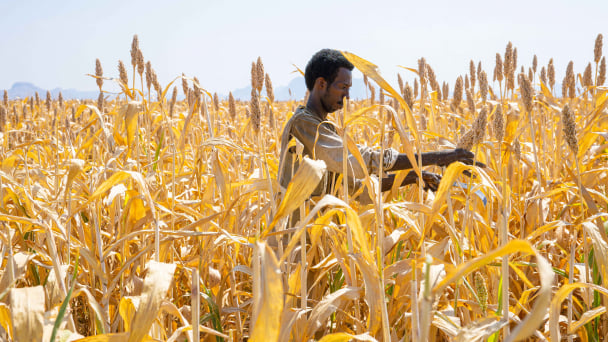
(VAN) Five things you should know about Sudan's food security crisis.
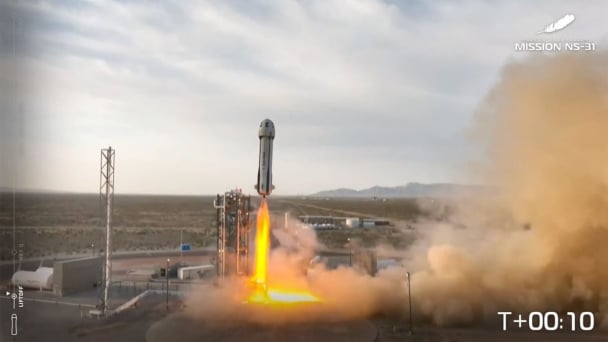
(VAN) 169 lotus seeds selected by the Vietnam Academy of Agricultural Sciences were carried into space by Vietnamese-American astronaut Amanda Nguyen.
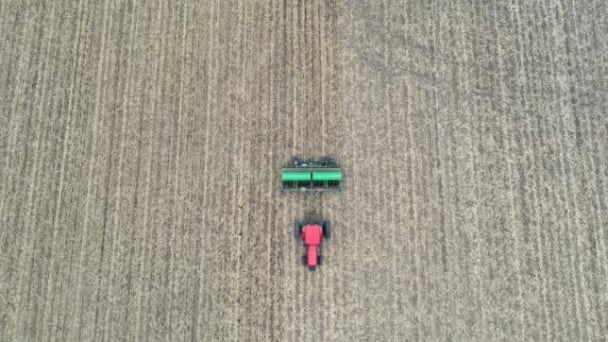
(VAN) Tariffs are making life more expensive for John Pihl. He's been farming in Northern Illinois for more than 50 years.

(VAN) European and American farmer organisations are concerned about the import tariffs that the United States introduced on 9 April for products from the European Union. This makes them 20% more expensive.

(VAN) Global poultry trade is expected to remain strong amid relatively tight global protein supply and growing consumption, RaboResearch concludes in its latest animal protein report.